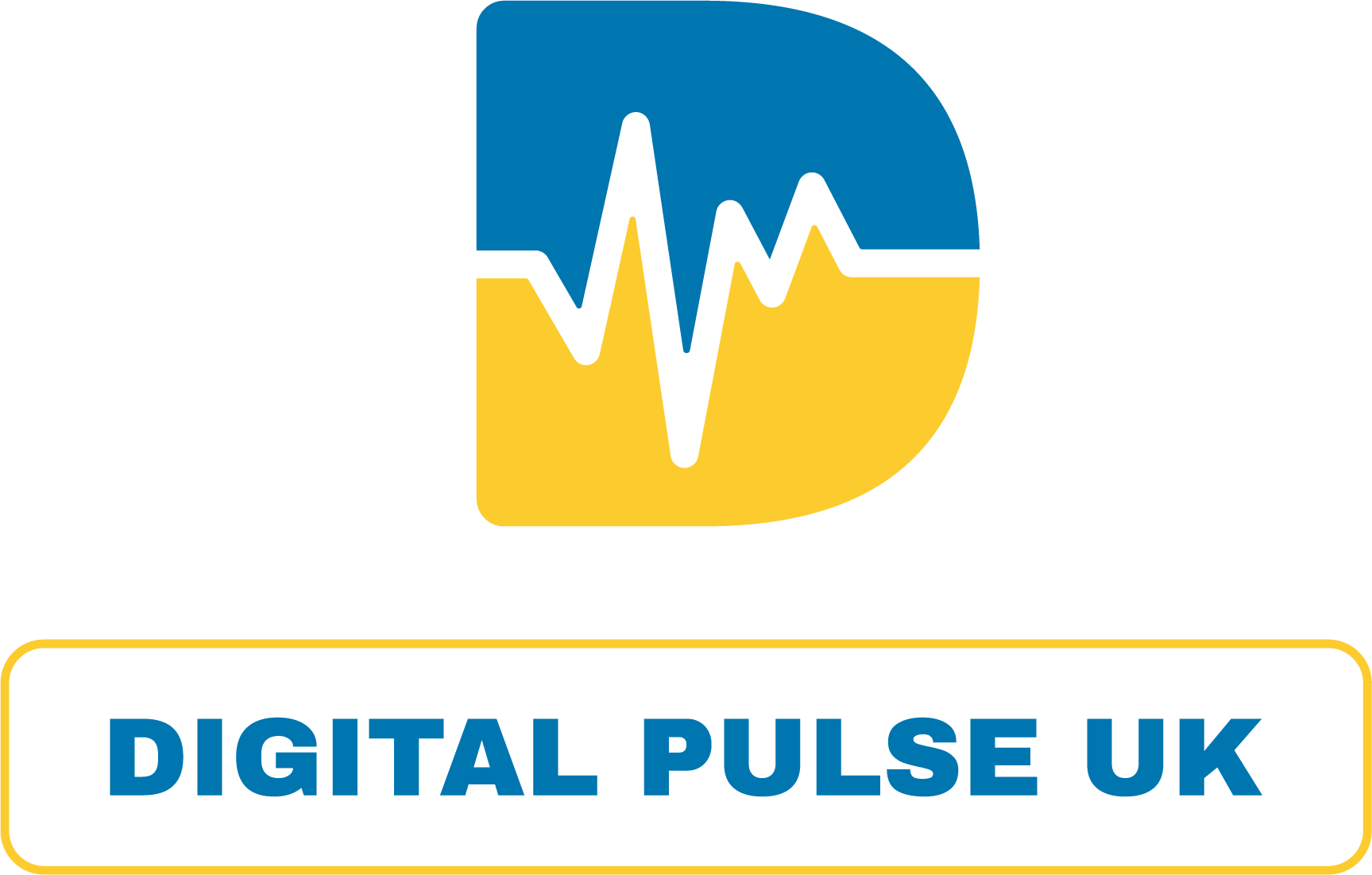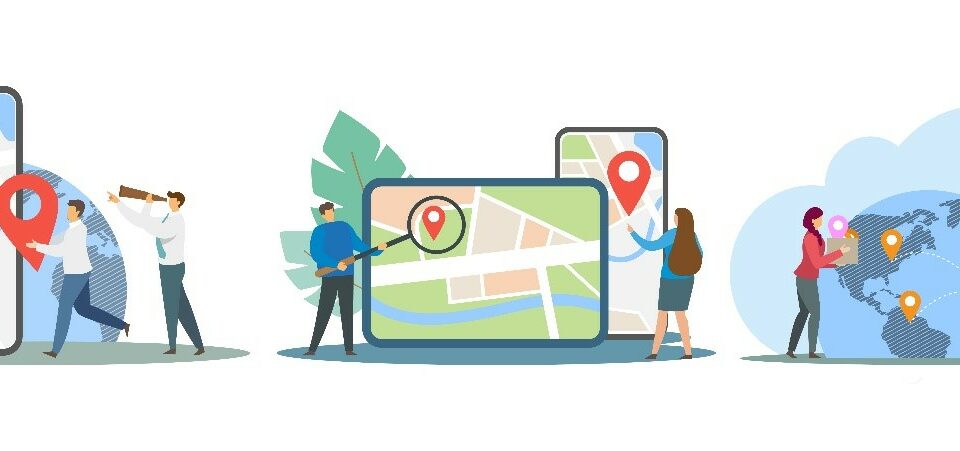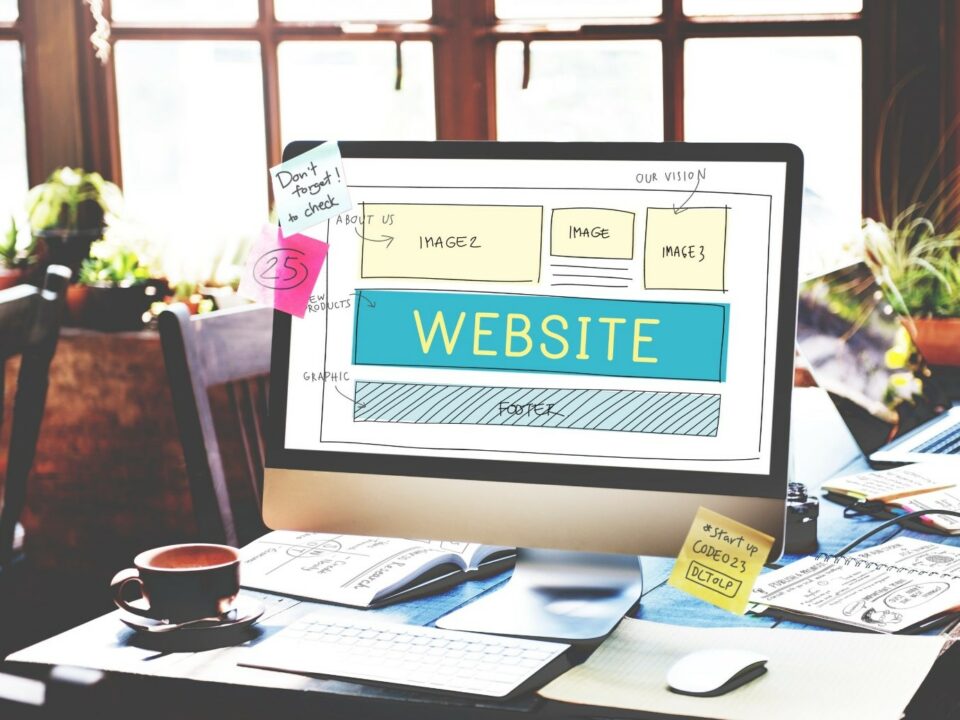
Ecommerce SEO Trends for 2023
October 12, 2023
Top Mobile App Design Trends in 2023
November 1, 2023In the vast world of business, first impressions are everything. And your logo is often the first interaction a potential customer has with your brand. It’s the visual representation of your company, the face of your business, and it carries a significant weight in the minds of consumers. But why is a logo important? In this article, we will delve into the importance of logo and explore how it can impact your business’s success.
The Power of First Impressions
Imagine this scenario: you’re walking through a crowded marketplace, and you see two stores selling similar products. One has a professionally designed, eye-catching logo, while the other one uses a plain, generic font for its signage. Which store are you more likely to enter? You’ll be drawn to the one with the appealing logo.
First impressions matter, and your logo plays a pivotal role in shaping those impressions. It’s the first thing your potential customers see, and it can quickly convey the essence of your business. A well-designed logo gives off a sense of professionalism, reliability, and trustworthiness. It tells the audience that you’ve invested in your brand, and you’re serious about what you do.
Brand Recognition

In the vast ocean of brands and businesses, standing out is a challenging task. Creating a professional logo can be the key to differentiating your brand from the competition. Think about some of the most iconic logos in the world – Nike’s swoosh, Apple’s apple, or McDonald’s golden arches. These logos are instantly recognizable and evoke strong emotions and associations with their respective brands.
Brand recognition is crucial for building trust and loyalty among your customers. When consumers see your logo repeatedly, they begin to trust your brand, even if they haven’t made a purchase yet. Over time, a logo becomes a symbol of your brand’s promise and quality. It’s what your customers look for when making choices in a crowded market.
Establishing a Professional Image
Perception matters. A well-crafted logo can make your business appear professional and established, even if you’re just starting. On the other hand, a poorly designed or generic logo can give the impression that your business is amateur or untrustworthy.
Consider a scenario where you’re seeking a professional service, such as legal counsel or medical advice. Would you feel more comfortable with a service provider that has a polished and professional logo, or one that uses clip art or outdated design? A professionally designed logo reflects a commitment to quality and attention to detail.
Communicating Your Brand’s Story
Your logo is more than just a combination of colors, shapes, and text. It should encapsulate the essence of your brand and tell your story. Every element in your logo should have a purpose and convey a message. For example, the use of certain colors can evoke specific emotions – red can signify energy and passion, while blue can represent trust and reliability.
The design of your logo should align with your brand’s values and mission. If your business is eco-friendly, your logo should reflect this by using nature-inspired elements or earthy colors. If you’re in the tech industry, a sleek and modern logo can convey innovation and cutting-edge solutions.
Versatility in Marketing
A well-designed logo is versatile and adaptable. It can be scaled to any size without losing quality, which is crucial for various marketing materials. Whether you’re using it on a business card, a website, a billboard, or a social media profile, your logo should look great and remain easily recognizable.
Additionally, your logo should work across different mediums and backgrounds. It should be just as effective in black and white as it is in color, and it should look great on both light and dark backgrounds. This adaptability ensures that your logo remains effective in a wide range of marketing and branding contexts.
Building Trust and Credibility

Trust is one of the most valuable assets your business can have. A logo, when designed well, can contribute to building trust and credibility. Customers are more likely to trust a business that appears professional, established, and reliable. Your logo is a visual representation of this trustworthiness.
When consumers encounter a familiar and well-designed logo, it signals that the business behind it is legitimate and has a history of providing quality products or services. This initial trust can go a long way in convincing potential customers to choose your brand over competitors.
Memorable Branding
Think about the brands you love and how their logos have made an impact on you. A logo can create a lasting memory and emotional connection with your audience. It’s what people think of when they hear your brand’s name. A memorable logo helps your business stay top-of-mind with your customers.
Creating a logo that sticks in people’s minds is no easy task, but it’s achievable with thoughtful design and a unique concept. If your logo is easily remembered, it can lead to word-of-mouth marketing and brand loyalty.
Consistency Across Platforms

In the age of digital marketing, your brand’s presence spans across various platforms – from your website and social media profiles to email signatures and advertising materials. Consistency is key to establishing a strong and cohesive brand identity.
A logo is the cornerstone of this consistency. When your logo remains the same across all platforms, it reinforces your brand’s identity and message. Customers are more likely to trust and remember your brand when they encounter a consistent visual identity.
Attracting Your Target Audience
Your logo is a tool to attract your target audience. It should resonate with the preferences, values, and expectations of your ideal customers. For instance, if you’re running a daycare center, your logo might use soft pastel colors and playful, child-friendly imagery. If you’re a tech startup, a sleek and modern logo might be more appealing to your audience.
A well-designed logo can help you connect with the right people and create a strong bond with your customers. It’s the first step in establishing a relationship between your brand and your audience.
Increases Perceived Value
Studies have shown that consumers perceive products and services with professionally designed logos as having higher value. In other words, people are often willing to pay more for a product or service if they believe it comes from a trusted and reputable brand. Your logo contributes to this perception of value.
When your logo communicates professionalism and quality, it can justify higher price points and attract customers who are looking for a premium experience. It’s a subtle but powerful way to boost your business’s revenue.
Influence on Decision-Making
The significance of a logo becomes evident in its influence over consumer behavior and decision-making. This is where the importance of a logo truly shines. A well-crafted logo can evoke a sense of urgency, exclusivity, or reliability, all central aspects of the importance of logo design. The choice of colors, shapes, and typography in your logo discreetly guides consumers’ emotions and actions, underscoring why a logo is important.
For instance, a logo that employs warm colors and inviting fonts can create a sense of comfort, reinforcing the importance of logo design in facilitating a cozy connection with your brand and motivating purchases. Conversely, a logo adorned with bold, authoritative elements underscores the importance of a logo in nurturing confidence, conveying to customers that your brand is a trusted choice
Competitive Advantage
In a competitive market, a strong logo provides a vital edge, differentiating you from rivals and influencing customer choices. It positions your business as an industry leader, making it a critical investment.
Emotional Connection
Emotionally resonant logos build strong customer loyalty and advocacy. A well-crafted logo, like Disney’s, can evoke joy and create a lasting emotional bond with your audience, fostering a deeper connection to your brand.
Adaptation to Change
A well-designed logo should be adaptable to evolving businesses, and enduring over time. Its ability to be updated or modified is crucial for long-term market presence.
Boosts Marketing Efforts

The central role of a logo in marketing can’t be overstated when considering the importance of a logo. It’s not just a visual identifier; it’s the cornerstone of your marketing efforts and a testament to the importance of logo design. Your logo appears on all your marketing materials, advertisements, and online presence, solidifying its importance.
A compelling logo underscores the importance of logo in enhancing the effectiveness of your marketing campaigns. Whether you’re executing online ads, crafting brochures, or developing a website, a well-designed logo plays a pivotal role. It not only captures attention but also reinforces brand recognition, emphasizing why a logo is important. In essence, it serves as a visual anchor that unifies and strengthens your marketing endeavors, highlighting the importance of logo in creating a cohesive and compelling brand image.
Reflects Professionalism
In understanding why is a logo important, it becomes evident that if you desire your business to be taken seriously, having a professional logo is non-negotiable. An amateurish or poorly designed logo not only raises doubts about your credibility but also leaves potential customers questioning your expertise and commitment to your brand.
Conversely, the importance of logo design is underscored by the fact that a professional logo signifies that you’ve invested time, thought, and resources into your brand’s identity. It communicates to your customers that you’re wholly dedicated to providing top-notch quality products and services. In essence, a professional logo serves as a visual testament to your commitment, emphasizing why a logo is important in establishing a trustworthy and credible brand image.
An Investment, Not an Expense
Some business owners might question the necessity of logo design, but understanding why is a logo important entails recognizing that it’s not an unnecessary expense. Instead, it’s a vital investment in your brand’s future. The importance of logo design extends beyond being a one-time cost; it’s a strategic asset poised to generate returns for years to come.
Iconic logos like Coca-Cola and IBM have demonstrated enduring significance, emphasizing the importance of a logo in symbolizing brand success. Despite the initial cost, long-term benefits far outweigh the investment, highlighting the logo’s role as a cornerstone for lasting brand impact and prosperity.
Conclusion
Your logo is the face of your business, the visual representation that makes the first impression on your potential customers. It communicates your brand’s story, establishes trust, and sets you apart from the competition. It’s a powerful tool that can significantly impact your business’s success and growth. So, why is a logo important? Simply put, it’s because it’s the cornerstone of your brand identity and a vital asset in the competitive world of business.




